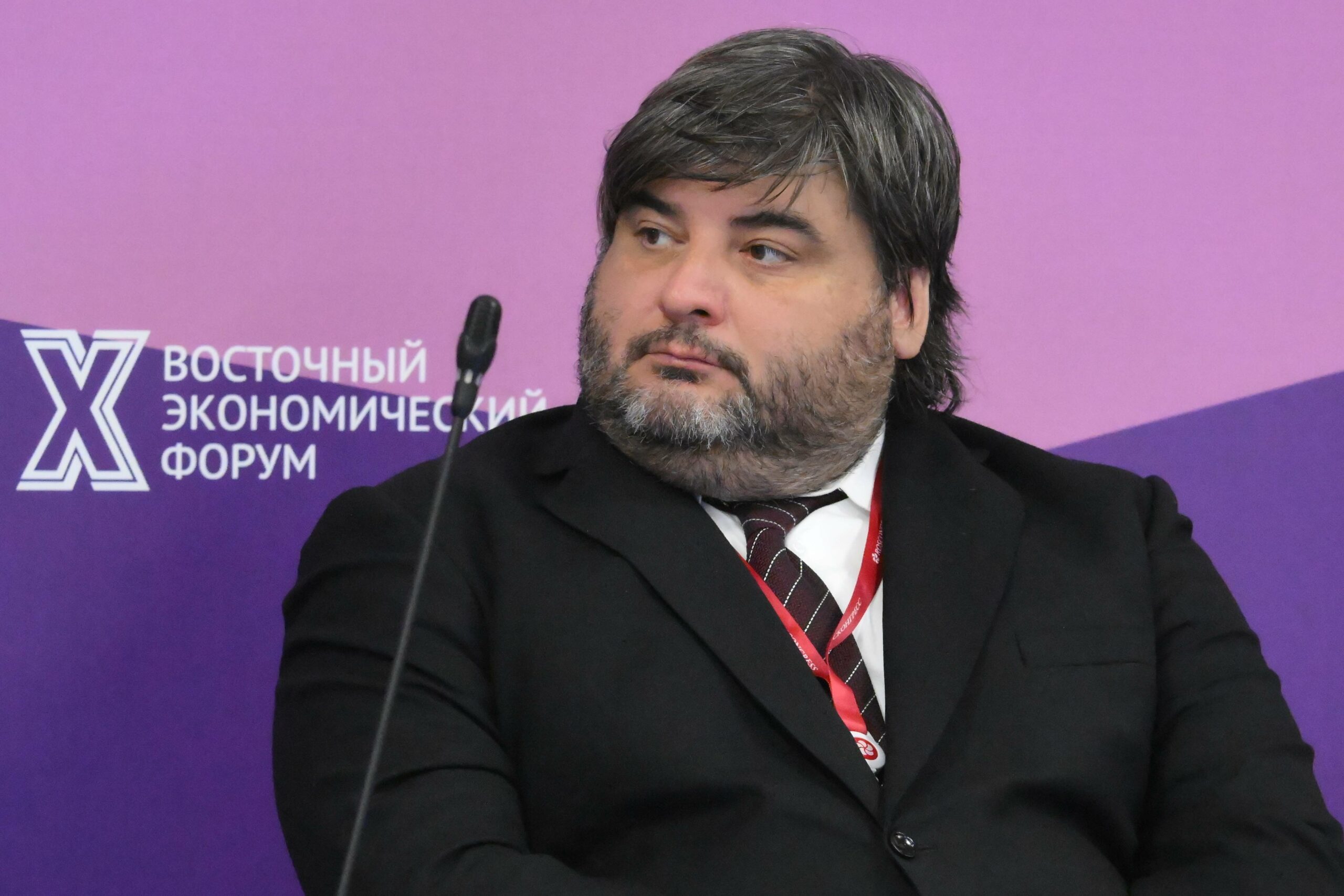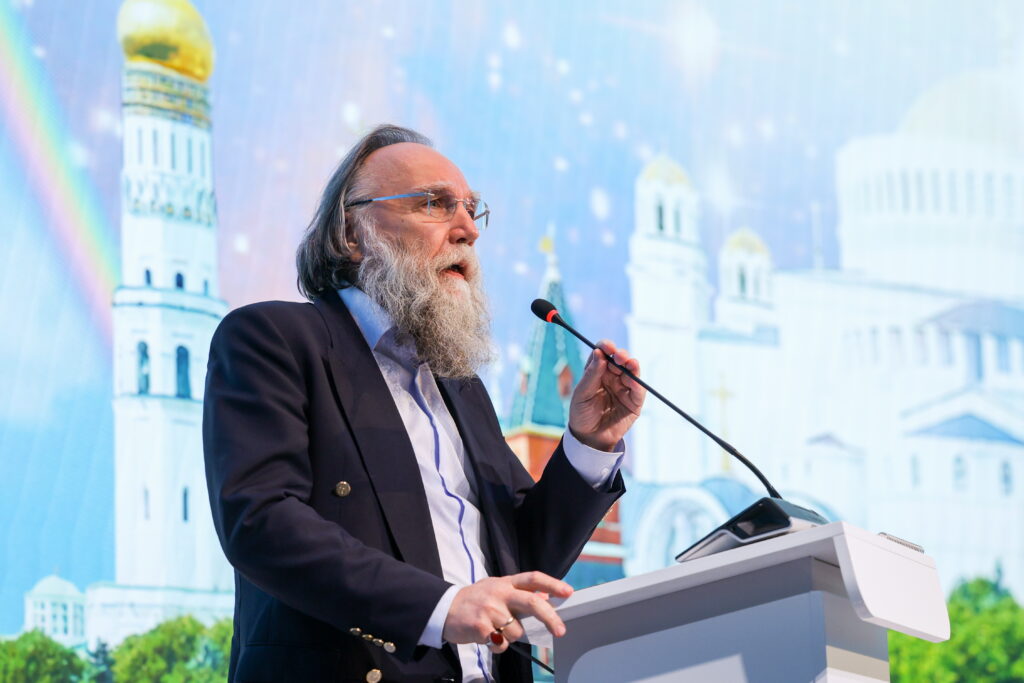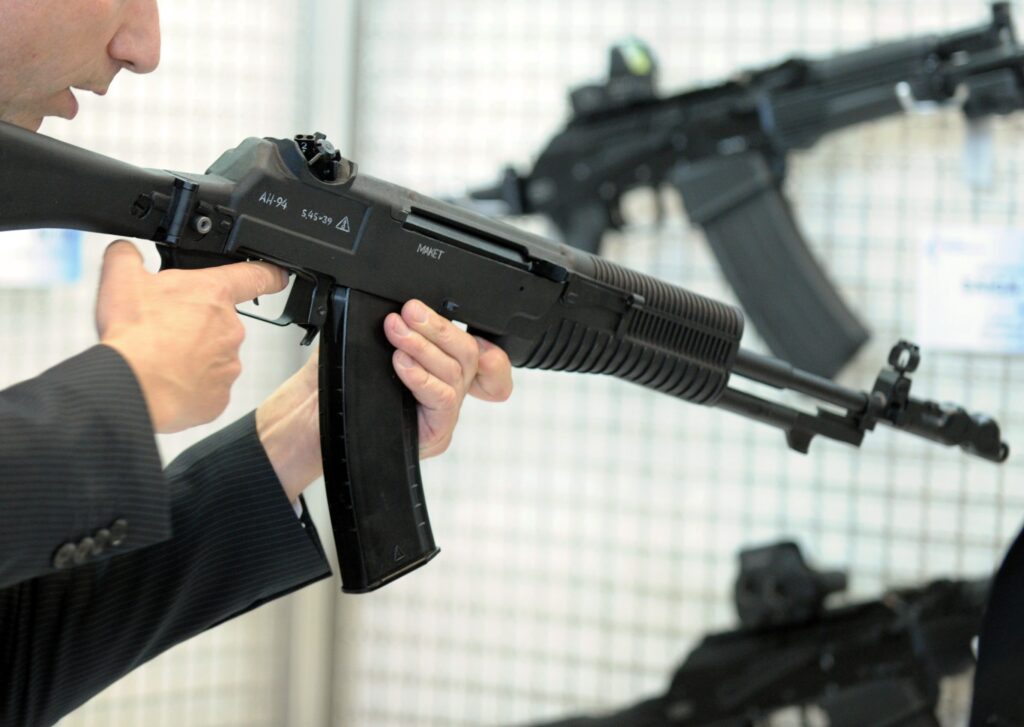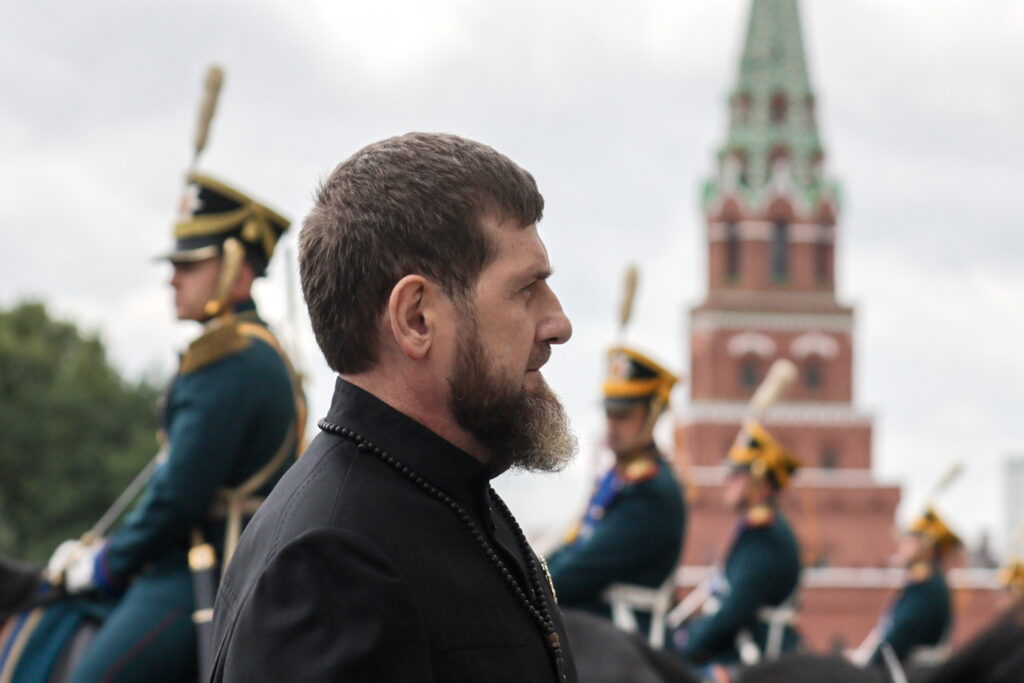Vadim Titov, head of Rosatom’s International Network division, has been appointed to lead a new Kremlin department focused on strategic partnerships. President Vladimir Putin established the unit to replace two abolished departments—those handling cross-border cooperation and interregional and cultural ties—which had previously reported to former deputy chief of the presidential administration, Dmitry Kozak. Like its predecessors, the new structure will oversee Russia’s influence across the post-Soviet space. It will report directly to Sergei Kiriyenko, the Kremlin’s political chief.
A well-honed playbook
Since last year, Sergei Kiriyenko has methodically expanded his influence at the expense of Dmitry Kozak, zeroing in on the latter’s missteps and failures. The turning point came with the political crisis surrounding presidential elections in the unrecognized republic of Abkhazia. From there, the Kremlin’s domestic political overseer began taking charge of one new country after another, while pushing to bring key bureaucratic structures under his control.
Kiriyenko’s efforts have paid off: Not only were the departments—traditionally under the sway of security services—handed over to him, but he was given free rein to create an entirely new one. Appointing one of his own to head it signals that this blank check is genuine—Kiriyenko sidelined both security service representatives and figures tied to the power bloc, including Igor Chaika, deputy head of Rossotrudnichestvo.
At first glance, Titov’s appointment—a figure only tangentially linked to foreign policy—seems surprising for the top job in this new Kremlin outfit. Rosatom’s International Network manages the state corporation’s overseas assets and nuclear power plant construction in friendly nations. Titov negotiates with those countries’ leaders at a senior level, but his talks revolve around narrow «nuclear» issues—essentially economic and operational matters. This stands in stark contrast to Kozak and his team, who specialized in political technology operations and backchannel political wheeling and dealing.
Kiriyenko had a more obvious candidate in his Rolodex: Senator Lyubov Glebova, a longtime ally from his Komsomol days in Nizhny Novgorod. As head of Rossotrudnichestvo, she tackled tasks closely aligned with the new department’s mandate. The political chief likely picked Titov as a safer, more consensus-driven choice: As head of the International Network, Titov has inevitably rubbed shoulders with Russia’s security services, making him a known and trusted quantity. Meanwhile, the versatile Glebova—who’s also served as deputy education minister—could prove useful for Kiriyenko’s next personnel maneuvers: She might climb back into the Education Ministry, or even land a «social» deputy prime minister slot.
That said, installing someone with scant experience in the field is classic Kiriyenko—a reflection of his management ethos, where loyalty and adaptability trump domain expertise. What’s more, each such move is a microcosm of the political chief’s own career arc.
Sailor, carpenter, and all trades
By training, Sergei Kiriyenko is an engineer: He graduated from the Gorky Institute of Water Transport Engineers and spent his Soviet-era career at the Krasnoye Sormovo shipyard in Gorky (now Nizhny Novgorod). He quickly pivoted to politics via the Komsomol route. In the 1990s, he retrained as an economist and dove into banking. His Guarantee Bank partnered with the Nizhny Novgorod regional administration under Boris Nemtsov, who spotted Kiriyenko’s potential and tapped him to rescue the ailing oil firm NORSI-Oil—despite Kiriyenko’s zero experience in the sector.
He took the job anyway. Soon after, Nemtsov—as deputy prime minister—lured him to Moscow as first deputy fuel and energy minister. Kiriyenko likely hadn’t mastered NORSI by then, but he jumped in and delivered. He did the same when Boris Yeltsin offered him the premiership. Under Putin, Kiriyenko became the architect of the new power vertical, building it out in the Volga Federal District. In 2005, Putin handed him the Federal Atomic Energy Agency (later Rosatom). The future political chief accepted—again, with no background in the niche field. Putin himself stressed that the role wasn’t about becoming a nuclear expert, but about streamlining the state corporation’s operations. In none of these leaps did Kiriyenko flop; as envoy and Rosatom head, he proved a remarkably effective operator.
Kiriyenko is a devotee of methodology—the philosophical practice pioneered by Georgy Shchedrovitsky. At its core are organizational-activity games, where facilitators tackle a client’s problem. In Soviet times, clients spanned everything from nuclear plants to Komsomol outfits. Methodologists typically had no skin in the client’s game, approaching it as outsiders. Their fresh perspective often yielded breakthroughs, though the sessions could veer into chaos (which fit the paradigm just fine). Kiriyenko’s 1990s habit of grabbing gigs in unfamiliar fields, fused with this methodology, forged his distinctive approach to staffing.
Take Lyubov Glebova: She ran Kiriyenko’s office during his premiership, served as secretary of the Union of Right Forces faction in the State Duma (which he led), and was his deputy in the envoy’s office. Her stint as deputy education minister played to her strengths, but foreign policy at Rossotrudnichestvo was uncharted territory for her.
Kiriyenko’s Rosatom successor, Alexei Likhachev, like his predecessor, had no nuclear chops. Sakhalin Governor Valery Limarenko, who held key Rosatom posts, wasn’t an atomic insider either. RANHiGS vice rector and overseer of the «Fundamentals of Russian Statehood» propaganda course, Andrey Polosin, is above all a political technologist and psychologist. For Kiriyenko, their standout trait is familiarity and fealty. As he sees it, they’ll master any new domain—just as he always has.
Vadim Titov fits the mold. A graduate of Irkutsk State University’s law faculty, he kicked off as a local TV journalist before shifting to Rosatom’s regional arm, which handled elections in company towns and liaised with governors and mayors. His next gig came in the corporation’s international wing.
Titov’s early mentor was likely Petr Shchedrovitsky, who served as Kiriyenko’s Rosatom deputy until 2011. It’s a fair bet the methodological mindset rubbed off on him too. His resume hints at political tech savvy, plus hands-on international deal-making as International Network head. But that’s slim pickings for the fraught «external contour.» Tensions are mounting there: Russian sway is eroding in Armenia ahead of next year’s parliamentary vote, while Central Asian states tilt toward China. This crisis agenda is alien turf for vertical-corporate types.
Elections in atomic closed cities are tightly scripted, powered by corporate turnout machines. Economic and operational talks often sweeten the pot for both sides—unlike the tortuous political bargaining. Still, personal loyalty trumped all for Kiriyenko once more. On the foreign front, it’ll be the same «social architects» he shares with Alexander Kharichev, who runs the Kremlin’s social monitoring and analysis unit (the political bloc’s nerve center). They’ve mostly lost their edge in competitive races and lean hard on administrative muscle. Even if Titov is a gifted organizer, he’s unlikely to shake things up. But Kiriyenko, true to form, has anointed a man in his own image and likeness.










